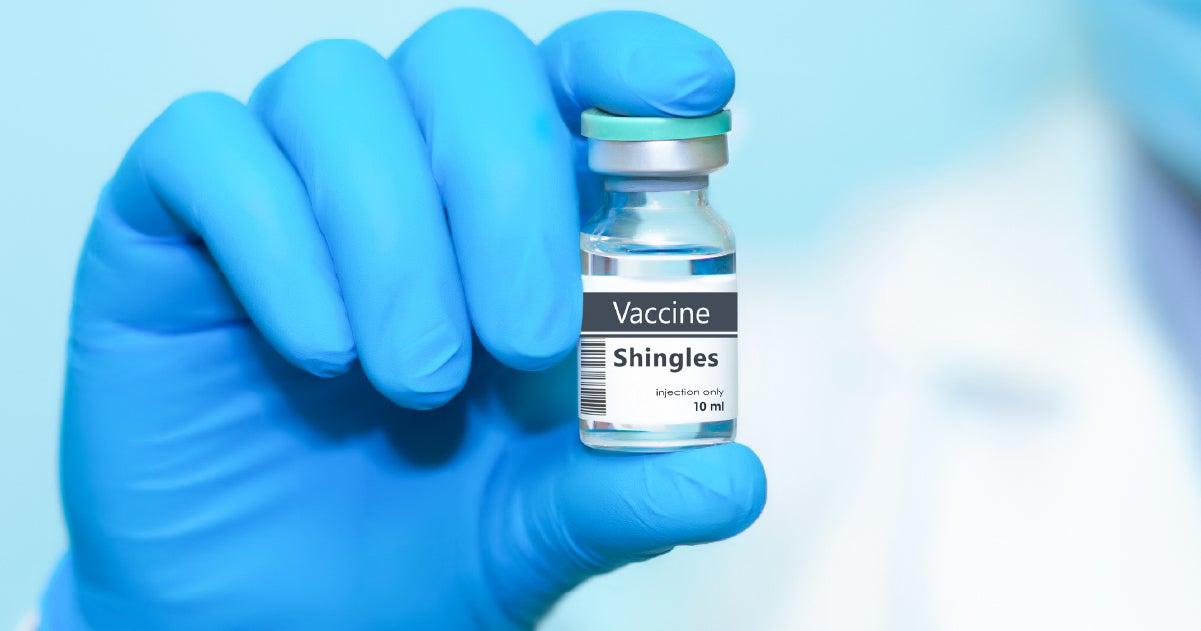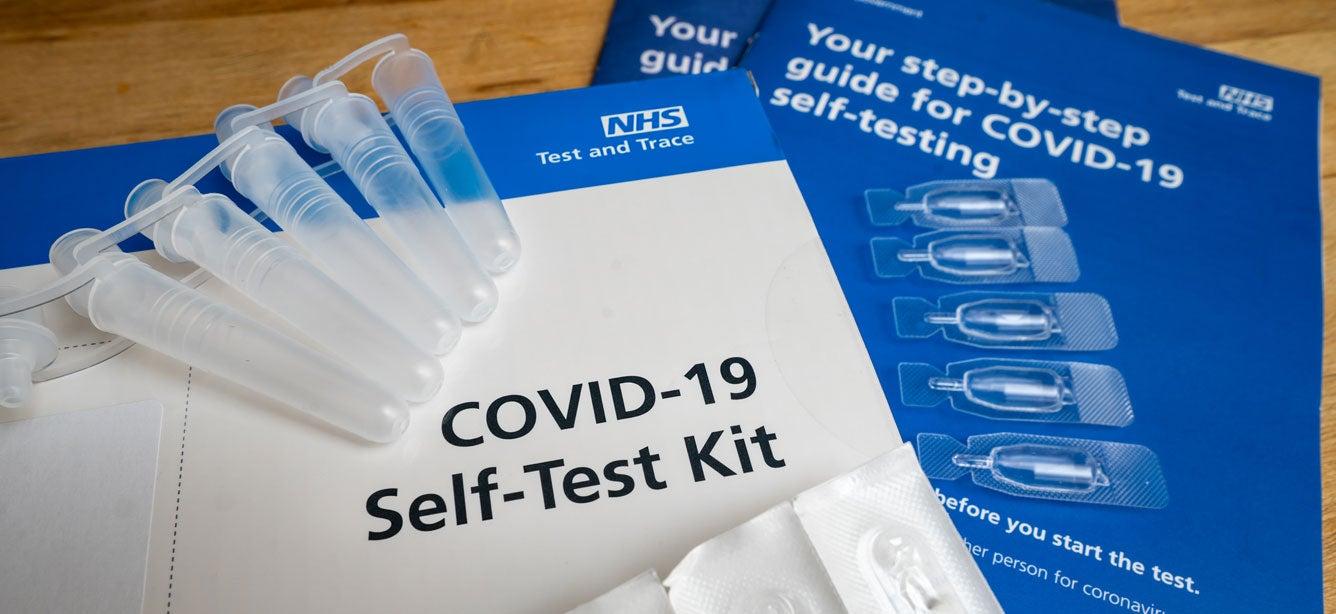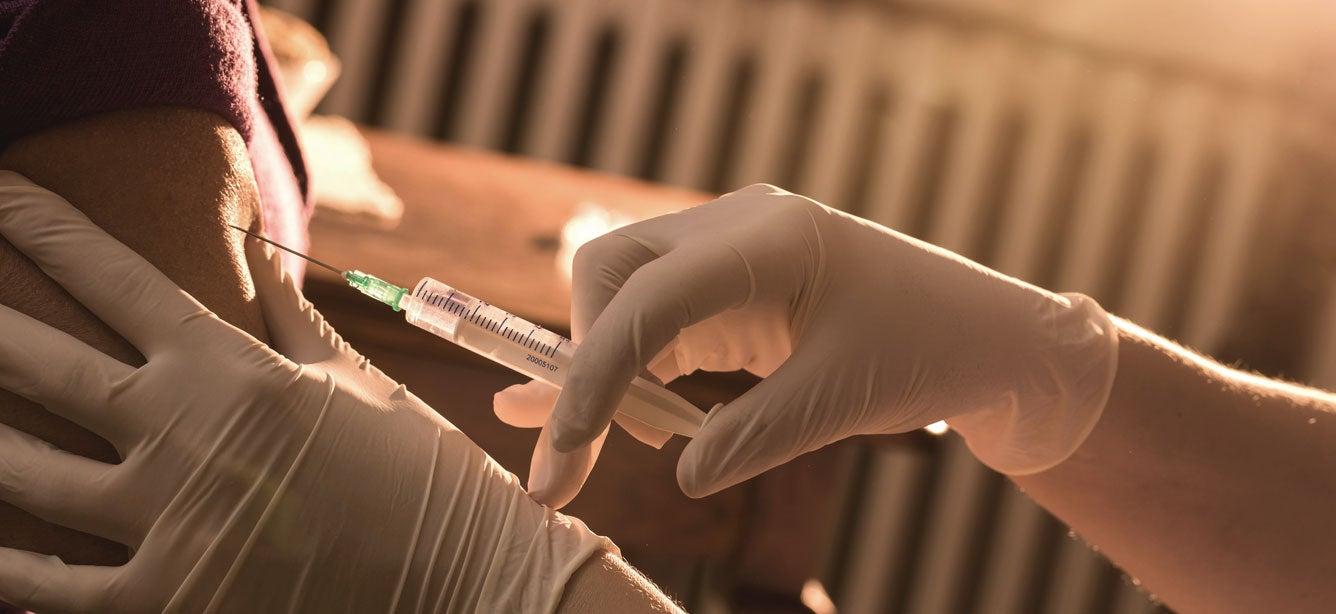
Related Topics
If you’ve heard of shingles, you know it shows up as a painful, blistery rash. This intensely unpleasant condition is caused by the varicella-zoster virus (VZV)—the same virus responsible for chickenpox. If you had chickenpox when you were young, the virus remains “asleep” in your body for many years. As you get older, or if your immune system becomes compromised, VZV is more likely to reactivate and cause shingles.
Fortunately, the shingles vaccine can reduce your risk of developing the shingles rash and potential complications. But many people 65 or older wonder: “Does Medicare cover the shingles vaccine?” Here’s what you need to know about insurance coverage for this important immunization.
Understanding the shingles vaccine
Getting vaccinated is the single best way to prevent infection with the shingles virus. The Centers for Disease Control and Prevention (CDC) recommends Shingrix (recombinant zoster vaccine, or RZV).
Approved by the U.S. Food and Drug Administration (FDA) in 2017, Shingrix was found to be more than 90% effective at preventing shingles and postherpetic neuralgia (PHN) in healthy adults age 50 and older.1 PHN is a condition that emerges in the aftermath of shingles, when severe pain lasts for months or even years after the rash clears up. It affects about 10% to 18% of people who have shingles.2
In terms of effectiveness, Shingrix is a major upgrade from the older Zostavax vaccine, which is no longer available in the U.S. Even if you were previously vaccinated with Zostavax, you should still get the Shingrix shot. (Note: Zostavax was discontinued in 2020).
What’s more, CDC advises that the shingles vaccine is safe and revealed no serious concerns during clinical trials. Any reaction to the shingles vaccine is usually mild and temporary. Side effects may include injection site soreness, fatigue, and flu-like symptoms for a couple of days.
What is the recommended age for the shingles vaccine?
CDC advises that healthy adults age 50 and older receive the shingles vaccine series. Shingrix is administered in two doses, typically given two to six months apart. Vaccination is also recommended for some adults age 19 years and older who have compromised immune systems.
Does original Medicare cover the shingles vaccine?
Original Medicare (Part A and Part B) does not cover the shingles vaccine. Part A generally covers hospital-related costs, while Part B covers outpatient care, such as doctor visits and preventive services. Although Part B pays for preventive vaccines like those for flu, pneumonia, hepatitis B, and COVID-19, it does not include coverage for Shingrix. That means if you only have original Medicare, you may have to pay some or all of the shingles shot cost out of pocket.
If you have a standalone Part D prescription drug plan in addition to original Medicare, or a Medicare Advantage (Part C) plan with prescription drug coverage, your shingles shot should be covered with no out-of-pocket costs. To be covered under Part D, you must generally receive the vaccine from a pharmacy or provider within your plan’s network.
How much does Shingrix cost with Medicare Part D?
According to Medicare.gov, Part D plans “must cover all commercially available vaccines (like shingles, RSV, tetanus, diphtheria, and pertussis) when medically necessary to prevent illness." This applies to all vaccines recommended by the Advisory Committee on Immunization Practices (ACIP). ACIP provides guidance and recommendations on the safe and effective use of vaccines in the U.S.
Your Part D plan should not charge you a copayment or apply a deductible for any vaccines ACIP recommends. You can avoid billing issues by asking up front if the provider administering the vaccine, such as your pharmacy, can bill your Part D plan directly.
How much does Shingrix cost without Medicare?
The Shingrix vaccine can be expensive. Without insurance coverage, you could pay up to $200 per dose, or $400 for the full two-dose vaccination.
But even if you don’t have Medicare or Medicaid, you can probably still receive a free shingles vaccine. All Health Insurance Marketplace plans and most private health insurance plans cover all vaccines recommended by ACIP (including Shingrix) with no cost-sharing (e.g., deductibles, copayments)—as long as they are administered in-network. In addition, the vaccine is free to anyone who receives benefits through the U.S. Department of Veterans Affairs (VA). Check with your insurance plan provider to find out if you can get the two-dose shingles vaccine with no out-of-pocket costs.
If you don’t have shingles vaccine coverage through Medicare or another insurance plan, contact the manufacturer of Shingrix. They offer an assistance program that helps eligible people afford this and other vaccines.
Is the shingles vaccine worth it?
Roughly 1 in 3 Americans will deal with shingles at least once in their lifetime,1 which means your chances of developing this condition are fairly high. As you age, your risk increases even more. This illness is not only painful and debilitating; it can lead to long-term health issues like PHN, vision loss (if the rash is on your face), pneumonia, and hearing problems. The shingles vaccine is a safe, simple, and highly effective shingles prevention strategy.
“The shingles vaccine does more than protect you from a painful rash—it helps safeguard your independence and quality of life as you age,” said Dorothea Vafiadis, Senior Director of NCOA’s Center for Healthy Aging. “Even if you do get shingles, being vaccinated lowers the risk of serious complications that can linger for months or years. Think of it as a smart step you can take today to protect your future health and peace of mind.”
Amy Pisani, CEO of the nonprofit Vaccinate Your Family, is a vaccine advocate who knows the misery of shingles firsthand. During her bout with the illness, Amy experienced electric shock-like sensations, aching joints, intense headaches, and hot flashes—and it was many months before she recovered. "Although I had already experienced shingles, I took the proactive step of getting the shingles vaccine to help prevent the disease from recurring," she explains.
Amy has this advice to offer other older adults: "Be proactive and get your shingles vaccine as recommended!"
What’s more, getting vaccinated against shingles may even reduce your risk of developing dementia, according to a 2024 study. UK researchers reviewed the health records of more than 200,000 older Americans and made an astounding discovery: Those who got the Shingrix vaccine were 17% less likely to develop dementia than those who received Shingrix’s predecessor, Zostavax.3 This phenomenon was more prevalent in women than in men.
And recently, a study presented at the 2025 European Society of Cardiology Congress found that adults who received the two-dose shingles vaccine had a markedly lower risk of heart attack and stroke. The vaccine reduced these events by about 18% in adults age 18-49 and 16% in those 50 and older.4
How can I get a free shingles vaccine?
If you’re the recommended age for a shingles vaccine (50+), you can get it at most doctor's offices and pharmacies like CVS and Walgreens (you may need to make an appointment). Some communities also offer health clinics where preventive vaccines are available. You don’t need a prescription to receive the shingles shot, and if you have Medicare Part D, Medicaid, VA benefits, or nearly any type of private insurance, you should pay nothing out of your own pocket.
Find a shingles vaccination site near you today and schedule an appointment using the shingles vaccine locator tool.
Sources
1. Centers for Disease Control and Prevention (CDC). Shingles Vaccination. Found on the internet at https://www.cdc.gov/shingles/vaccines/index.html
2. Centers for Disease Control and Prevention (CDC). Shingles Symptoms and Complications. Found on the internet at https://www.cdc.gov/shingles/signs-symptoms/index.html
3. Maxime Taquet, et al. The recombinant shingles vaccine is associated with lower risk of dementia. Nature Medicine. July 25, 2024. Found on the internet at https://www.nature.com/articles/s41591-024-03201-5
4. University of Minnesota CIDRAP. Shingles vaccine linked to lower heart attack, stroke risk. August 28, 2025. Found on the internet at https://www.cidrap.umn.edu/misc-emerging-topics/shingles-vaccine-linked-lower-heart-attack-stroke-risk




